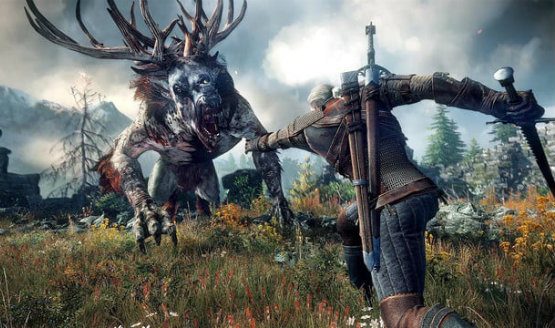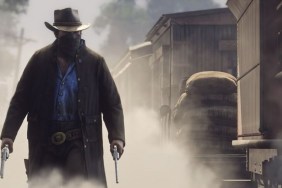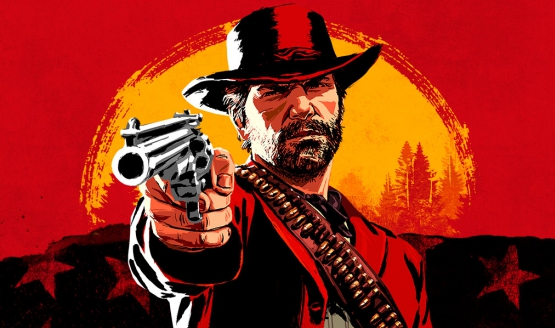
Rockstar’s Red Dead Redemption 2 was received with myriad 10s—and by God it deserved them. However, the idea that it is flawless is problematic; nothing is flawless. While Red Dead Redemption 2 has completely redefined the design of open-world games, there are some ways in which it missed the mark. That’s not to say it missed the board, though.
In 2015, CD Projekt RED released The Witcher 3, a game that also helped to reshape open worlds in video games. True, Red Dead Redemption 2 may wear dressier clothes with its gorgeous aesthetics, and it may be absolutely revolutionary in its approach to intuitive mechanics. However, in terms of what it means for a game to be a “role-playing game,” The Witcher 3 still wins out in several ways.
Mechanics of Dual Importance: Signs
In Red Dead Redemption 2, you can do some cool things with your weapons. If a stagecoach escorting a prisoner to jail passes you by, you can shoot the lock to set them free, for example. However, lots of mechanics are pretty much only significant in terms of combat, which is fine—guns are a weapon, after all. However, The Witcher 3 proved that weapons could be so much more.
God of War was on the right track with the Leviathan Axe playing a role in solving puzzles, but it too wasn’t realized to its full potential. It’s important to mention that God of War isn’t an RPG, though, so having combat be emphatically combat is absolutely fine.
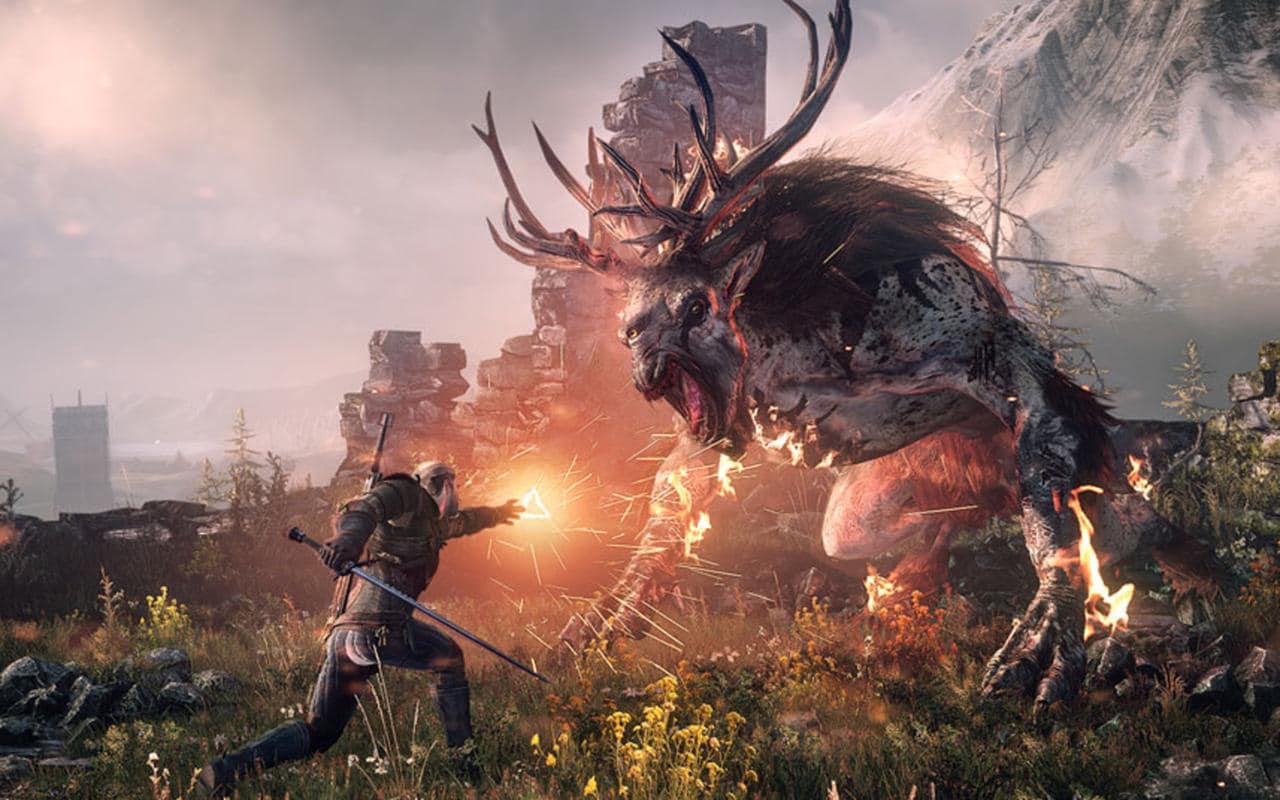
Let’s look at The Witcher 3, though. With Igni, you can burn your enemies, light fires, illuminate dark areas, burn obstacles—you get the idea. Aard can knock an enemy off a cliff or knock a door off its hinges. Yrden can slow enemies down, but it can also cause the ethereal to materialize. Axii, Quen—it’s all the same. The Witcher 3‘s mechanics weren’t rooted in combat alone; they were rooted in the character’s abilities in general, which meant that the player playing as Geralt had a whole heap of things they could use in any situation in the game. It allowed players to become more acquainted with the capabilities of their characters, which made the game more immersive in the long run.
The Difference Between a Gallop and a Canter
Shadow of the Colossus‘ Agro is my least favorite horse to ride. I love Agro, but he is emphatically difficult to control. Red Dead Redemption 2 is on the opposite end of the spectrum, where the hyper-realistic responsiveness of your horse is magnificent. Galloping through the wilderness, the degree of control you have is exhilarating. However, it’s also annoying.
If you’re on your horse and you happen to brush off a passerby, they’ll get pretty aggressive. Maybe they’ll draw a gun and try to kill you. Maybe you’ll have to kill them first. Maybe you’ll need to kill the witnesses, too, lest you earn yourself a hefty bounty. That’s not ideal. Lying low or spending your hard-earned money as a result of your horse moving one meter per second and slightly rubbing off the side of an NPC is just not worth it.
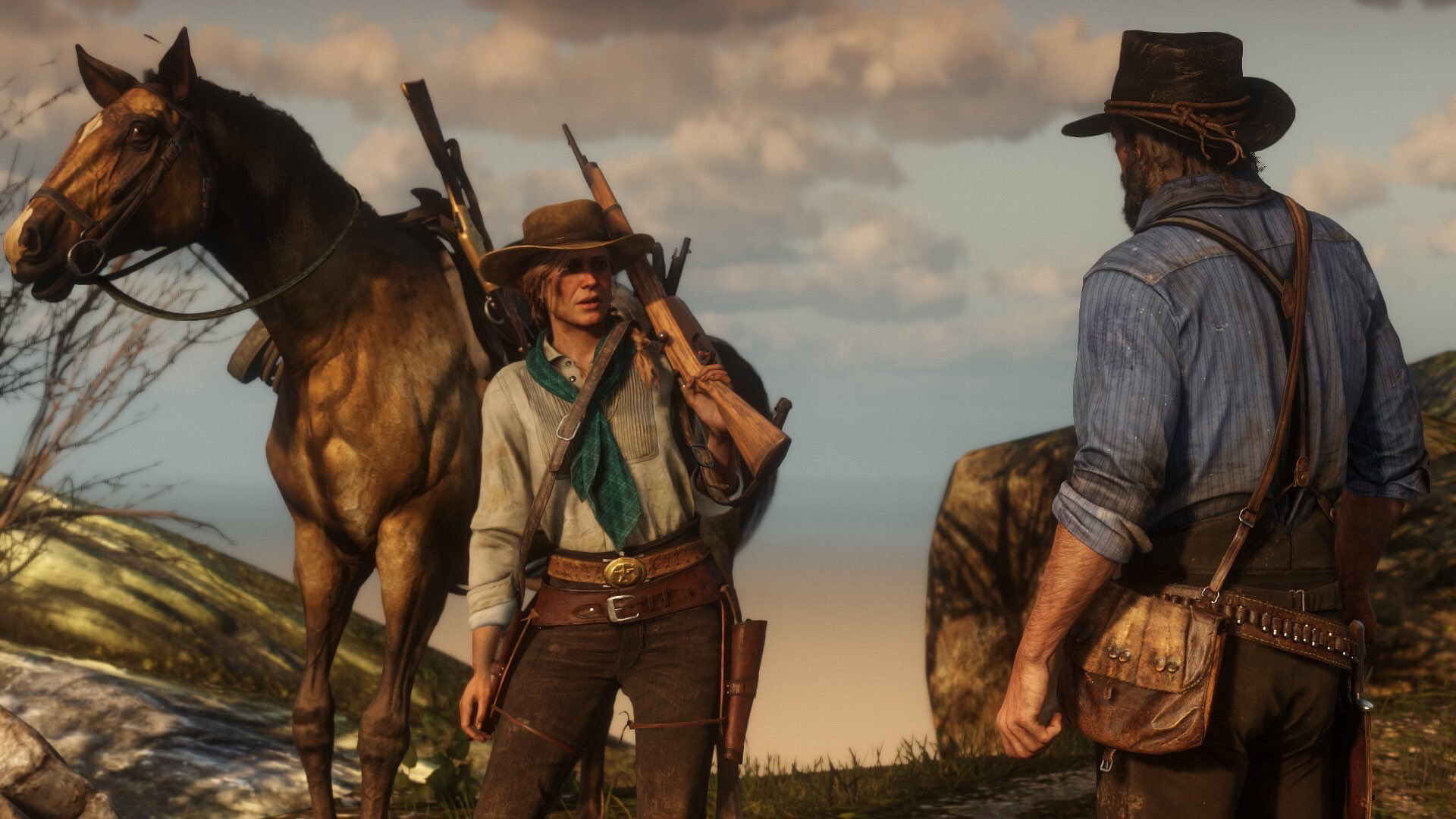
In The Witcher 3, galloping is a little clunkier. Roach isn’t the most agile horse, to say the least. However, when you’re forced to canter through a town, sure, NPCs will yell at you for bumping into them. They won’t start a fight, though. You won’t end up in jail if you try to resolve the situation. You can just move along—you’re a bit of a dick, sure, but that’s not a criminal offense.
Also, most importantly, you don’t do seventeen somersaults after colliding with a tiny tree stump at seven meters per hour.
Grounding the Fetch in the Narrative
Fetch quests are and forever will be in every single RPG ever made. That’s all right. Fetch quests can be fun, as the end usually justifies the means. In Red Dead Redemption 2, that’s exactly how it is—the end justifies the means.
In The Witcher 3, the means are kind of the fun part, actually. The world is so imbued with life and character that it’s along the way to places that you can really learn about things. Take Johnny, the Godling who lives near the Crones of Crookback Bog. He’s a character involved with a few different fetch quests, but it’s the fact he’s there that they’re worth doing. It never feels like you’re trudging along to get the item that will unlock the next chapter. It’s more like you’re exploring the game world and are a little disappointed when the quest wraps up, despite the ending being well-written and providing closure.

Fetch quests can destroy immersion, or they can invite it. Red Dead Redemption 2 fetch quests certainly don’t destroy immersion, but they don’t necessarily invite it either. Perhaps you’re supposed to feel as disillusioned with the dreariness of certain things as Arthur is, which makes sense. However, even the most drab aspects of The Witcher 3 are exploding with life, vitalized and pulsating.
The Other and the Outlaw
Geralt of Rivia is a witcher: a “freak,” a “mutant,” “cat-eyes.” Arthur Morgan is an outlaw, a delinquent, an undesirable. While Red Dead Redemption 2 sets you up as an anti-hero, it doesn’t quite other you enough in order for you to feel as if it’s important to show your capacity for morality.
This isn’t necessary, nor is it indicative of the game being bad in any way. However, just because Red Dead Redemption 2 has you play the role of a great anti-hero doesn’t mean that you’re playing the role of the greatest. Geralt, the demonic witcher who steals children away from the mothers, the heartless sellsword more monstrous than the abominations he slays, is actually Geralt the kind, the warm, the caring, the loyal. The list goes on. Othered beyond comprehension, Geralt has every reason to become the monster he is seen as. As Shakespeare’s Shylock once said:
If you prick us, do we not bleed? if you tickle us, do we not laugh? if you poison us, do we not die? and if you wrong us, shall we not revenge? […] Why, revenge. The villany you teach me, I will execute, and it shall go hard but I will better the instruction.
Geralt has every reason to be cold and heartless, but he isn’t. That’s the true sign of an anti-hero. Arthur Morgan is a great anti-hero, but he doesn’t face the same sort of thing as Geralt. Geralt isn’t an undesirable; he’s a monster. However, he doesn’t see himself that way, and that’s what counts.
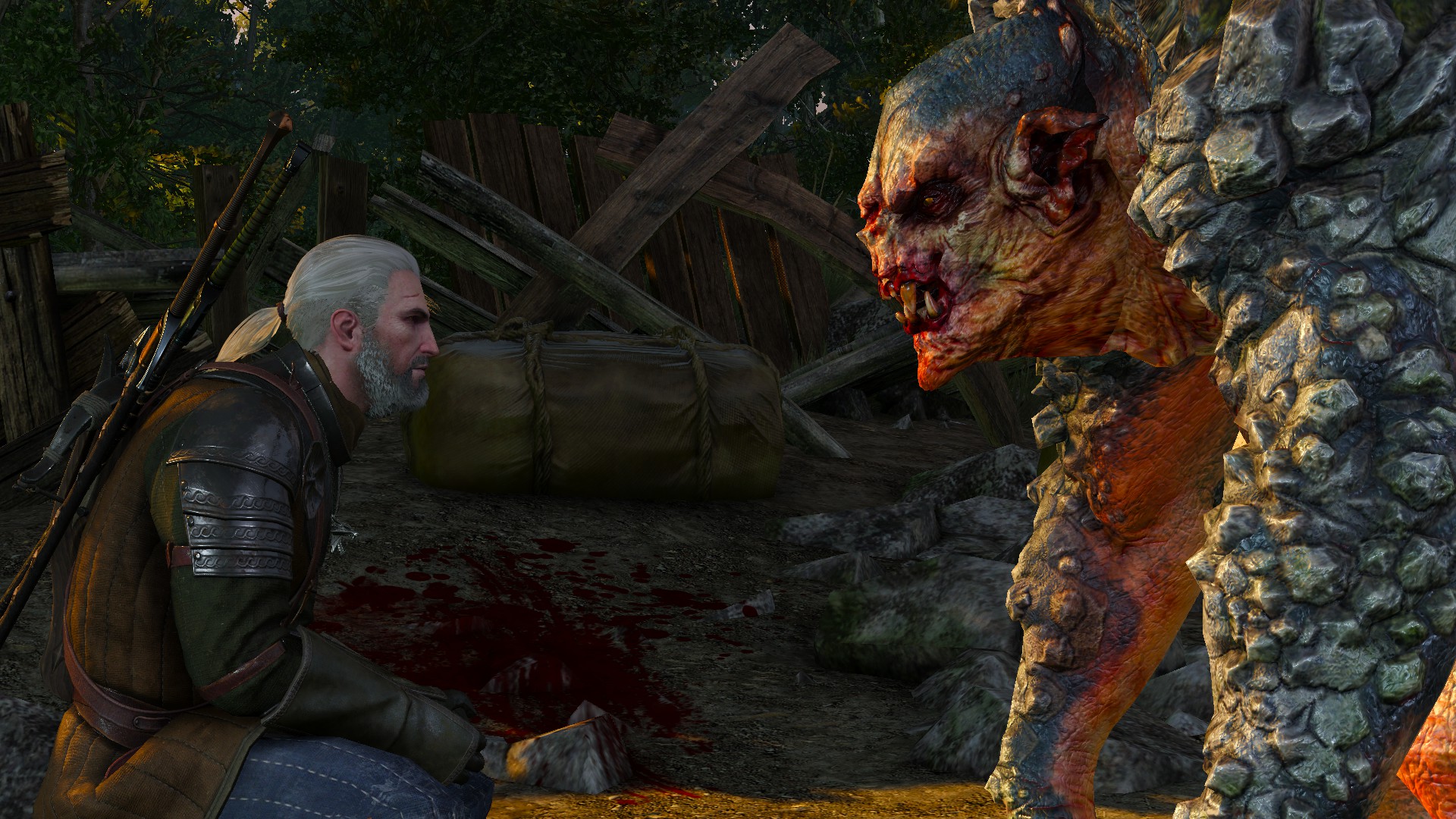
The cowboy game deserves every single 10 it got and I mean that from the bottom of my heart. That doesn’t mean it’s the best game ever, though, and it certainly doesn’t mean that it did every single thing better than it had been done before. It’s important to recognize that great means good, but it doesn’t mean perfect.
